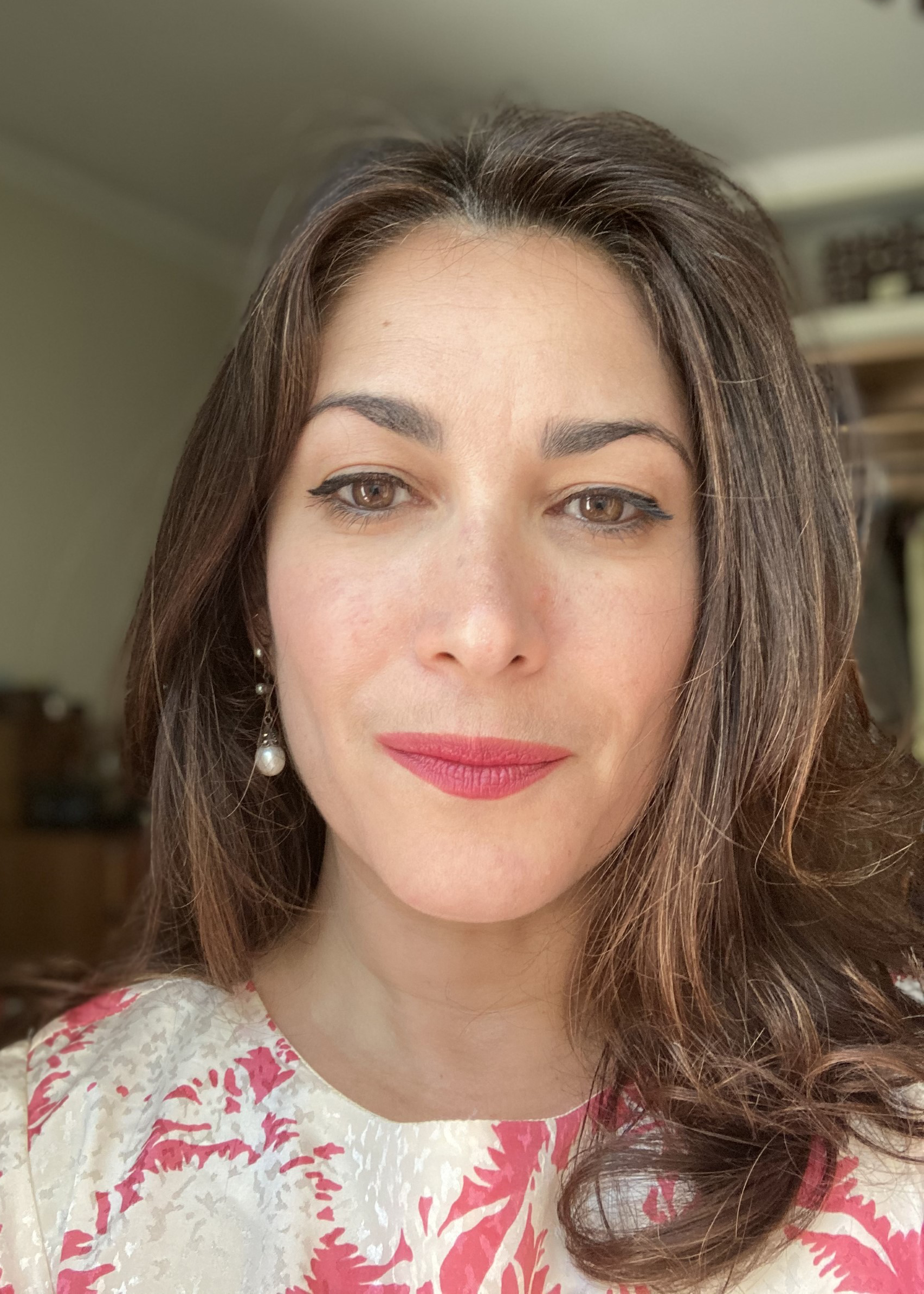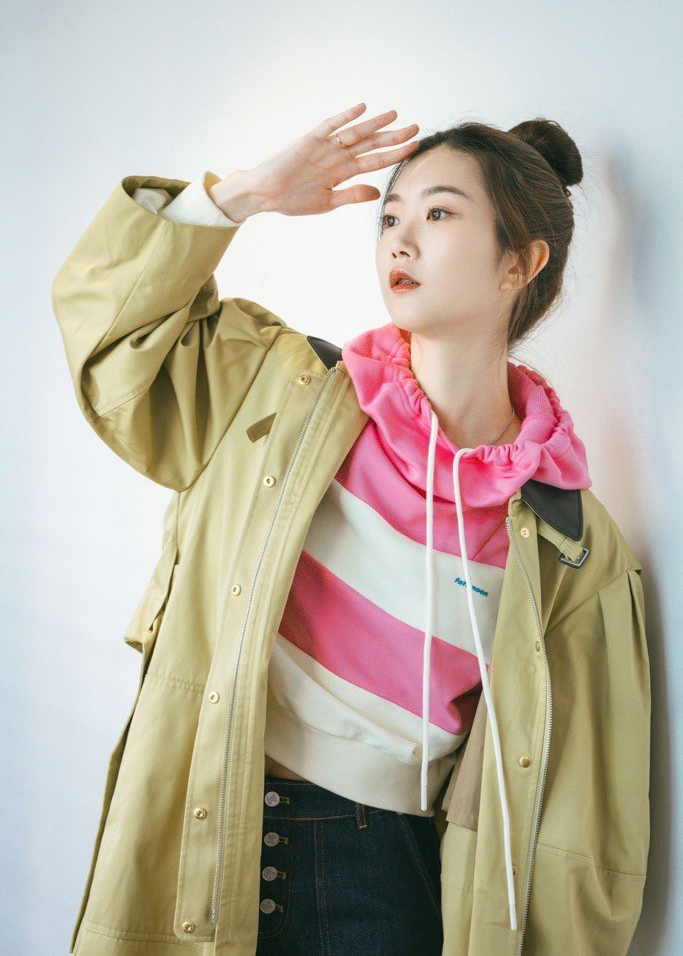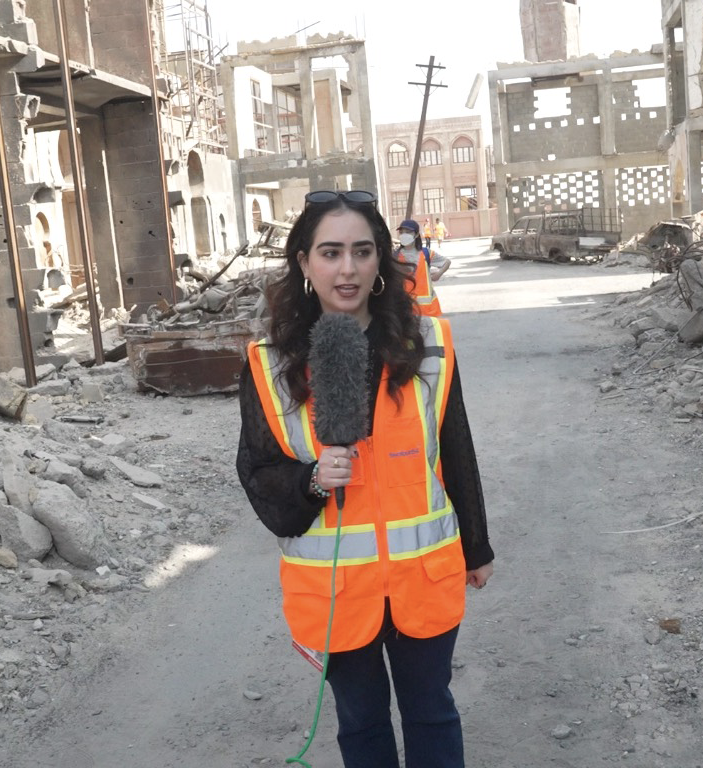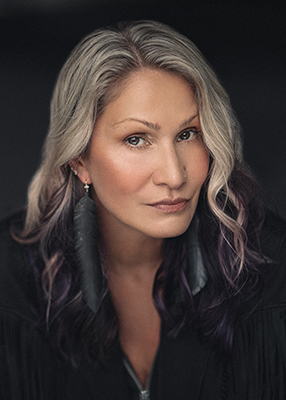Paul R Kim
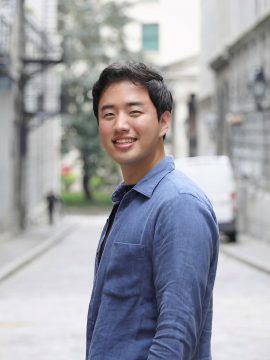
A version of this interview originally appeared on the Asian Studies website, July 2019.
Tell us a little about yourself, your background and how you became interested in Asian languages and cultures?
Like most first-year students, I had no idea what career I wanted to pursue, so I ended up studying business. It was okay at first, but as time passed, I had a tough time in my courses since it involved a lot of mathematics that did not interest me. That is when I began looking at other courses and Asian Studies caught my eye. At first, I thought a Korean background would help me get a good grade in Korean history or China-related classes. However, I was wrong. As a Korean, I was too biased in my perspective and could not see as objectively as a professor does. It was quite challenging to reconsider what I learned back in Korea. Taking these courses, I became a person that is willing to accept diverse points of views. Furthermore, I also discovered that Asian Studies courses are not only high quality and interesting but are also taught by renowned professors.
Could you elaborate on an experience that you felt was fundamental in your acquisition of the language or appreciation of the culture?
Any kind of language composes an idea of its own culture. If you fall in love with one language then definitely you will fall in love with its culture sooner or later. While I was taking Chinese language courses, it was not before long that I wanted to learn about Chinese culture in depth and took several Chinese history and culture courses, including Chinese Cinema.
What choices did you make at UBC that contributed to your career success/journey?
As an executive member of the UBC ASIA club, I introduced exchange students from Korea to UBC and its Asian Studies program. While I was helping them adjust to their new lives at UBC, I met lots of new friends and made connections that broadened my social network. After I graduated from UBC, I got a Master’s Degree at Yonsei University, studying China’s foreign affairs. With that, I applied to Trilateral Cooperation Secretariat, an international organization closely linked to the Korean Ministry Of Foreign Affairs. I lead young ambassadors among three countries before getting an opportunity to work with several Korean think tanks and officials.
What was your first job after graduation and what other jobs did you have before your current position?
For ten years while I was a student, I went back to Korea almost every summer to teach English, tutoring students and editing essays. During my Master’s, I got an opportunity to work in the medical field as interpreter and translator for two years. writing presentation dialogues for doctors and consultants. While I was working with them, I wrote a bunch of journals and interpretations, helping me gain valuable knowledge and research methods, leading me to my current job. I am also teaching an interpreting and translating course at an international college.
Is your current career path as you originally intended? What challenges did you face in launching your career?
I never see a career as a noun. Instead, I focus on expressing my career as a verb. For example, I always wanted to communicate and teach others, so that is what I am trying to do right now. However, I do not want to limit myself to one career. For example, I am launching a consulting business in Korea and Canada focusing on helping teenagers or university students write self-introductions and statements of purpose. Furthermore, I finished writing a book to be published in Korea this summer, and hopes to publish another book in Canada as well with the help from a mentor whom I met through a program at UBC. We are also preparing blogs and a podcast for sharing knowledge and helping people to see diverse perspectives as well as launching a YouTube channel to communicate with the readers. As you can see, I am involved with lots of different projects. Sometimes it is quite overwhelming, but when I look back on it, everything is connected.
What makes you proud about your current job? How does it relate to your degree?
I love my current job. I have a unique position to meet people both offline and online and gave me the the opportunity to do all my upcoming projects. My degree opened up many doors to get here. From my degree I learned to not hesitate to meet people and interact with each other. I never stop looking out for new opportunities and always followed up news and journals.
Has learning an Asian language helped you achieve your personal or professional goals? What tips do you have for students who are keen to play the ‘language card’ in their career development?
Of course, without taking the Chinese language and translation courses, I could not be able to meet and communicate efficiently with the Chinese people I met. You do not have to reach fluency but just studying other languages will bring you many opportunities and give you an advantage on your career development. Because of this, I still keep learning and practicing Chinese when I have time.
What advice would you give to students and alumni interested in breaking into your industry?
Students need to believe that what you are doing right now is meaningful and will lead you to your goal. If you tell yourself what you do is precious, soon or later, those things will truly become precious to your life. I always believed UBC Asian Studies professors are the best among the school and the quality of study is the best I can get. This belief helped me overcome times when I felt frustrated with my studies and wanted to give up. Furthermore, I encourage students to find one topic to develop your knowledge in depth. Grow your insight and form your own opinions about significant topics in your industry. Even after graduation, never stop strengthening your knowledge and keep consistently reading books and interacting with people.
Paul R Kim



A version of this interview originally appeared on the Asian Studies website, July 2019.
Tell us a little about yourself, your background and how you became interested in Asian languages and cultures?
Like most first-year students, I had no idea what career I wanted to pursue, so I ended up studying business. It was okay at first, but as time passed, I had a tough time in my courses since it involved a lot of mathematics that did not interest me. That is when I began looking at other courses and Asian Studies caught my eye. At first, I thought a Korean background would help me get a good grade in Korean history or China-related classes. However, I was wrong. As a Korean, I was too biased in my perspective and could not see as objectively as a professor does. It was quite challenging to reconsider what I learned back in Korea. Taking these courses, I became a person that is willing to accept diverse points of views. Furthermore, I also discovered that Asian Studies courses are not only high quality and interesting but are also taught by renowned professors.
Could you elaborate on an experience that you felt was fundamental in your acquisition of the language or appreciation of the culture?
Any kind of language composes an idea of its own culture. If you fall in love with one language then definitely you will fall in love with its culture sooner or later. While I was taking Chinese language courses, it was not before long that I wanted to learn about Chinese culture in depth and took several Chinese history and culture courses, including Chinese Cinema.
What choices did you make at UBC that contributed to your career success/journey?
As an executive member of the UBC ASIA club, I introduced exchange students from Korea to UBC and its Asian Studies program. While I was helping them adjust to their new lives at UBC, I met lots of new friends and made connections that broadened my social network. After I graduated from UBC, I got a Master’s Degree at Yonsei University, studying China’s foreign affairs. With that, I applied to Trilateral Cooperation Secretariat, an international organization closely linked to the Korean Ministry Of Foreign Affairs. I lead young ambassadors among three countries before getting an opportunity to work with several Korean think tanks and officials.
What was your first job after graduation and what other jobs did you have before your current position?
For ten years while I was a student, I went back to Korea almost every summer to teach English, tutoring students and editing essays. During my Master’s, I got an opportunity to work in the medical field as interpreter and translator for two years. writing presentation dialogues for doctors and consultants. While I was working with them, I wrote a bunch of journals and interpretations, helping me gain valuable knowledge and research methods, leading me to my current job. I am also teaching an interpreting and translating course at an international college.
Is your current career path as you originally intended? What challenges did you face in launching your career?
I never see a career as a noun. Instead, I focus on expressing my career as a verb. For example, I always wanted to communicate and teach others, so that is what I am trying to do right now. However, I do not want to limit myself to one career. For example, I am launching a consulting business in Korea and Canada focusing on helping teenagers or university students write self-introductions and statements of purpose. Furthermore, I finished writing a book to be published in Korea this summer, and hopes to publish another book in Canada as well with the help from a mentor whom I met through a program at UBC. We are also preparing blogs and a podcast for sharing knowledge and helping people to see diverse perspectives as well as launching a YouTube channel to communicate with the readers. As you can see, I am involved with lots of different projects. Sometimes it is quite overwhelming, but when I look back on it, everything is connected.
What makes you proud about your current job? How does it relate to your degree?
I love my current job. I have a unique position to meet people both offline and online and gave me the the opportunity to do all my upcoming projects. My degree opened up many doors to get here. From my degree I learned to not hesitate to meet people and interact with each other. I never stop looking out for new opportunities and always followed up news and journals.
Has learning an Asian language helped you achieve your personal or professional goals? What tips do you have for students who are keen to play the ‘language card’ in their career development?
Of course, without taking the Chinese language and translation courses, I could not be able to meet and communicate efficiently with the Chinese people I met. You do not have to reach fluency but just studying other languages will bring you many opportunities and give you an advantage on your career development. Because of this, I still keep learning and practicing Chinese when I have time.
What advice would you give to students and alumni interested in breaking into your industry?
Students need to believe that what you are doing right now is meaningful and will lead you to your goal. If you tell yourself what you do is precious, soon or later, those things will truly become precious to your life. I always believed UBC Asian Studies professors are the best among the school and the quality of study is the best I can get. This belief helped me overcome times when I felt frustrated with my studies and wanted to give up. Furthermore, I encourage students to find one topic to develop your knowledge in depth. Grow your insight and form your own opinions about significant topics in your industry. Even after graduation, never stop strengthening your knowledge and keep consistently reading books and interacting with people.
